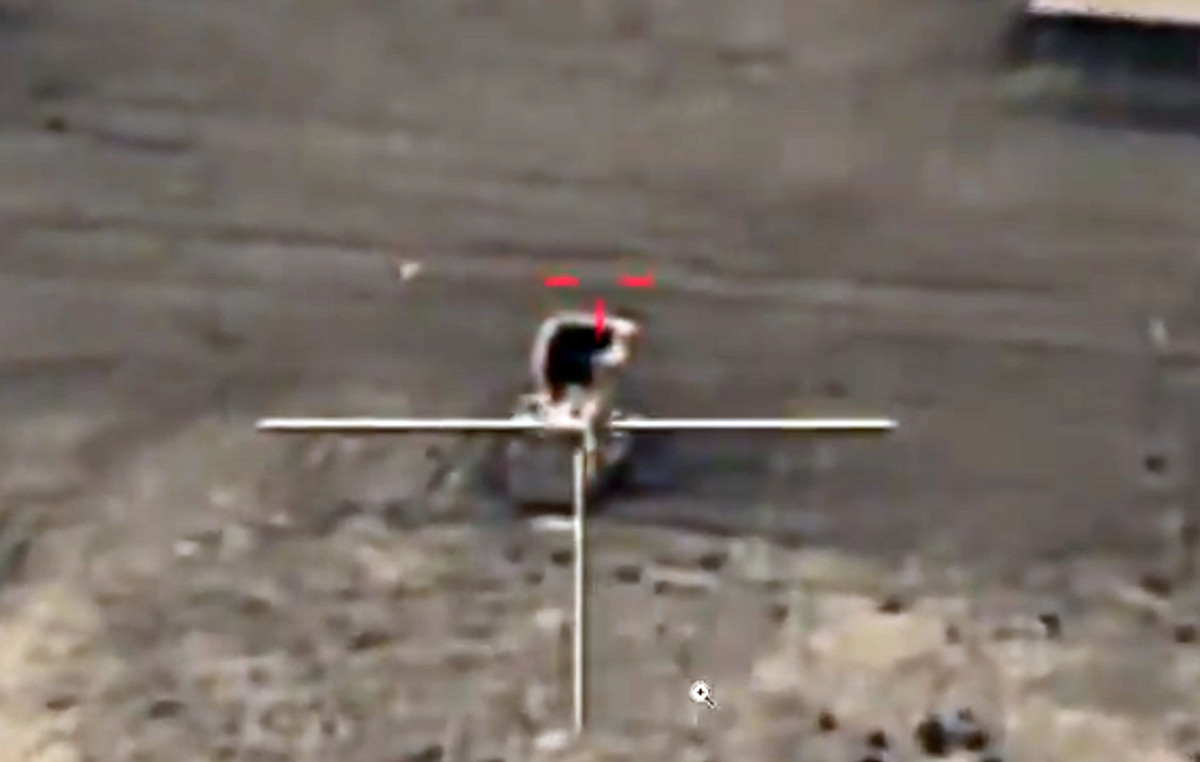“I make use of it, it's in the interests of investors.” What does he use Elon Musk? From the ketamine. This was said by the richest man in the world at the head of a mountain of companies that – often in a highly controversial way – are redesigning a piece of our future, from space exploration with SpaceX to electric mobility with Tesla up to the frontiers of human interfaces -machine with Neuralink systems. The South African entrepreneur with Canadian citizenship and naturalized US citizen is no stranger to rather slippery issues regarding his habits and the use of substances of various kinds – from marijuana upwards, which he often consumed in public and which over time sparked the concerns of the boards of directors of Tesla and SpaceX. The latest statement came during the apparently unwelcome interview with Don Lemonformer presenter of CNN who started his own business and now publishes his own Don Lemon Show on Youtube. During the interview Musk assured that he has one medical prescription to use this anesthetic drug, without revealing the specific diagnosis although fearing shortly after aalternation of depressive states.
But what is ketamine? It is a derivative of phencyclidine belonging to the arylcyclohexylamine class. A anesthetic and analgesic drug synthesized way back in 1962 and patented the following year used for these purposes especially in veterinary medicine. Taken at doses lower than those necessary to induce and maintain anesthesia, it acts on the central nervous system as a powerful psychedelic. Much more powerful than LSD. Triggering a sort of dissociation between mind and body. It can be taken nasally, with intramuscular injections or ingested in tablet form. It has a short duration of action, a maximum of one hour, with immediate effect and over the decades it has gone from the favorite drug of the hippie world to an omnipresent substance of rave parties. However, recent studies also indicate it as a drug effective against depression as an alternative to traditional therapies and obviously at very limited doses. It must obviously be administered under strict medical supervision for i serious side effects and for theinteraction with other drugs. In the illicit market it is found in the form of liquid, capsules and crystalline powder and has also been detected in tablets sold as ecstasy or as an adulterant of other drugs such as cocaine, amphetamines, heroin.
The effects of ketamine
«Ketamine is a dissociative anesthetic that induces a loss of response not only to pain stimuli, but also to the surrounding environment, and generates a sensation of dissociation of the mind from the body (“out-of-body experience”) – we read in one document from the government's drug policy department – ketamine, unlike other anaesthetics, stimulates the cardiovascular system by producing changes in heart rate, cardiac response and blood pressure. Recreational ketamine users mainly present when rescued in an emergency tachycardia. It is a weak depressant of the respiratory system and at recreational doses it rarely produces respiratory failure, although it cannot be completely ruled out.” Not only that: in addition to effects such as disorientation, loss of bodily sensations and almost total detachment from reality, ketamine also causes dizzinessnumbness in the lower limbs, loss of motor coordinationloss of sensory perception, lowering of body temperature (hypothermia), problems with muscle rigidity, at very high doses or with intramuscular injections respiratory arrest can also occur which can lead to coma or death.
When to use it and why
On the Journal of psychiatry however, we read that «to a sub anesthetic dosage (0.5 mg/kg), ketamine can be considered a fast-acting antidepressant agent (in some cases even within 24 hours), which has shown good efficacy and tolerability (side effects are generally mild and self-limiting) in patients with both MDD and TRD”, i.e. with major depressive disorder and treatment-resistant depression. However, again in the in-depth study in question, it is clearly explained how «despite the growing literature on the antidepressant role of ketamine, its specific mechanism of action is not yet completely clear. Preclinical studies conducted on animal models, with all the complications and limitations inherent in modeling disorders that often appear to be uniquely human, suggest that the molecular mechanisms underlying ketamine's antidepressant effect are more complex than simple NMDA receptor antagonism. The rapid efficacy demonstrated in patients with TRD could be mediated by precise actions on targets implicated in synaptic plasticity processes, modulating processes believed to be profoundly compromised in MDD and closely correlated with the severity of depressive symptoms. The most recent hypotheses on the antidepressant effect of ketamine consider various molecular mechanisms capable of increasing the release of glutamate in the prefrontal cortex.”
Because Matthew Perry took ketamine which was fatal
Hashish, ketamine and mushrooms where you don't expect them
Source: Vanity Fair
I’m Susan Karen, a professional writer and editor at World Stock Market. I specialize in Entertainment news, writing stories that keep readers informed on all the latest developments in the industry. With over five years of experience in creating engaging content and copywriting for various media outlets, I have grown to become an invaluable asset to any team.





.jpg)

